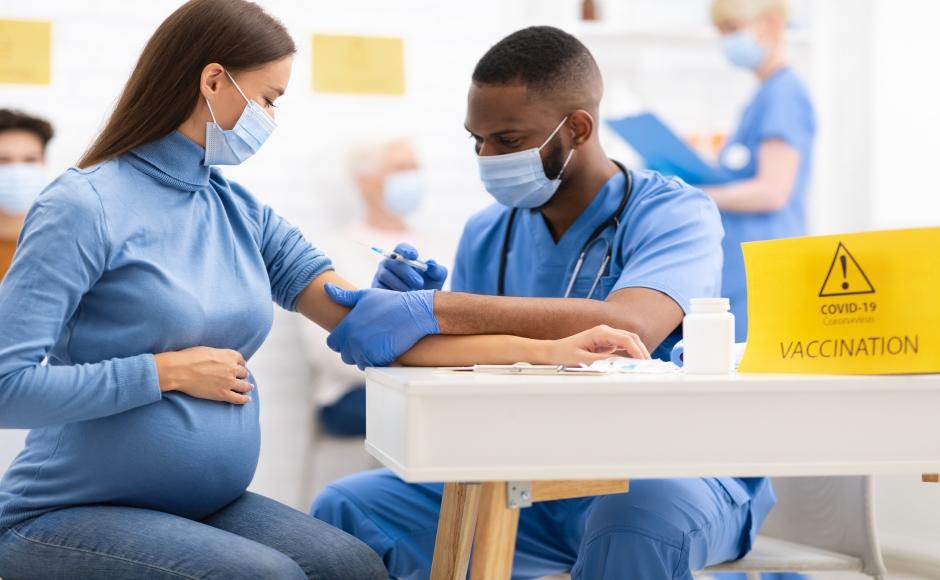
The government have announced a return to Plan A for managing COVID-19 in autumn and winter 2021/22. This means that the safety measures currently in place will change from the 27 January.
Face coverings
From 27 January there is no longer a legal requirement to wear a face covering. Face coverings will no longer be advised for staff and pupils in communal areas of secondary schools, nor for staff in communal areas of primaries.
You should still continue to wear a face covering in crowded and enclosed spaces where you may come into contact with other people you do not normally meet.
Venues and events
From 27 January venues and events will no longer be required by law to check visitors’ NHS COVID Pass. However, the NHS COVID Pass can still be used on a voluntary basis.
Working from home
The government is no longer asking people to work from home if they can.
Businesses and venues
All businesses should follow the principles set out in the working safely guidance.
You can read the full guidance to keep yourself and others safe.
Get vaccinated
Evidence indicates that 2 doses of a COVID-19 vaccine provide very effective protection against hospitalisation.
The vaccines are safe and effective and are the best way of protecting you and others against COVID-19.If you have not yet received the COVID-19 vaccine 1, 2 or booster, you should get vaccinated. Visit one of our local walk ins today.
If you have just been boosted, remember that it usually takes around 2 to 3 weeks for your body to develop its protective response. It’s important to remember this, because you could still get COVID-19 and pass it on to others.
If you have symptoms or test positive
The main symptoms of COVID-19 are recent onset of any of the following:
- a new continuous cough
- a high temperature
- a loss of, or change in, your normal sense of taste or smell
You must self-isolate from the day your symptoms started, or from the day you receive a positive test result if you do not have any symptoms. You can end your self-isolation on the sixth day of self-isolation following 5 full days isolating and 2 negative rapid lateral flow test tests taken on separate days.
Let fresh air in if you meet indoors
Meeting outdoors is safer as it reduces the risk of transmission through the air, but this going out may not always be possible. If you’re indoors, you should let fresh air in to reduce the risk of catching or spreading COVID-19.
Let fresh air by opening doors and windows. Opening your windows for just 10 minutes, or a small amount of time continuously where you can, makes a significant difference before, during, and after meeting people you do not live with indoors.
Use the NHS COVID-19 app
Using the NHS COVID-19 app helps stop the spread of the virus by informing you that you have been in close contact with someone who has since tested positive for COVID-19, even if you do not know each other. You can also use it to check in to venues with an NHS QR code and receive advice if there has been an outbreak. The app is free and easy to use and doing so can help you protect your loved ones and others.
To help protect yourself and others, download and use the latest version of the NHS COVID-19 app.
Life after Plan B
If you are feeling worried about getting back to normal life you can read some tips on how to cope with the anxiety after Plan B.
Remember it is still possible to catch and spread COVID-19, even if you are fully vaccinated.
Anyone with COVID-19 symptoms or a positive test result should stay at home and self-isolate immediately, COVID19 still remains a risk.
